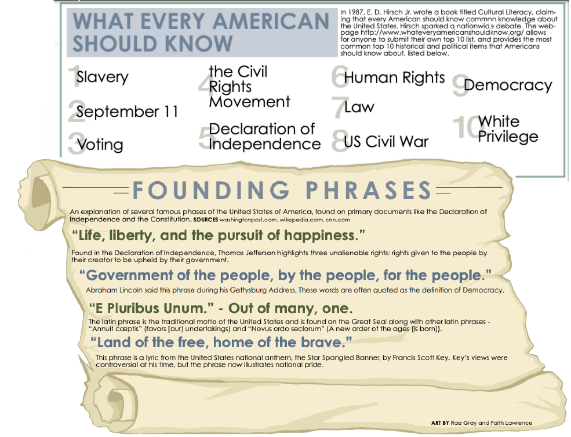Capitol insurrection, the President banned from social media, Democrats controlling the Senate, a new President, the distribution of a COVID-19 vaccine, a Presidential impeachment trial, and over 25 million reported cases of COVID-19 according to Wikipedia and The New York Times. These major events took place during just the first month of the new year.
Alia E. Dastagir, a New York National correspondent, wrote that “it is a difficult time to celebrate America” in an article published by USA Today in July of 2020. Dastagir questioned what it means to be an American, who qualifies, and how Americans should act and found that, despite political polarization in the U.S., 90 percent of people surveyed in a 2018 Grinnell College National poll agreed that being a “real American” meant treating people equally.
“There are so many different opinions circulating in the political climate,” junior Kathryn Thomason said. “Some of which reflect what it means to be an American by constantly working to help others and make America more equal, while others ignore this.”
The most simple definition of the word “American” is a resident or citizen of the United States or someone who ethnically identifies as American. However, what defines American identity is more complicated.
“I think all Americans should strive to understand the truth,” social studies teacher Dalton Pool said. “I would also hope that Americans take the job of being educated and well informed very seriously because that’s important in a democracy.”
Writer Javed Amir from The Baltimore Sun wrote that American identity was initially based on ideology, not race or ethnicity. Furthermore, American philosopher Horace M. Kallen introduced the concept of “cultural pluralism” in 1915, stating that true democracy required a population of multiple cultures and that forced assimilation was anti-Democratic and anti-American.
“What it means to be an American is something that I struggle with since there is no one simple answer,” Pool said. “I do not think it’s good to have traits or characteristics attached to it; it’s better to describe what the government expects of us.”
John Sides, a professor of political science at Vanderbilt University, wrote an article published in the Washington Post that presented the findings from a survey sent to 8,000 Americans in 2016. Sides found that the people surveyed believed respecting American institutions, 93 percent, and having American citizenship, 91 percent, were the two highest qualities most important to being an American. Additionally, Sides reported that most of the surveyed, but not all, rejected an ethnic conception of citizenship: the idea that Americans have to be of European heritage or descent.
“I would say the most important factor for a person to be an American is to believe in the American Dream: you can make your own decisions, you can have freedom, you can decide how you want to live,” junior Caroline Rasmussen said. “I think having pride in being American is important as well.”
With President Joe Biden beginning his Presidency, the White House website wrote that Biden and his staff will work together in order to deliver action and relief to families including controlling the COVID-19 pandemic, providing economic relief, tackling climate change, and advancing racial equity and civil rights.
“The majority of Americans want what’s best for them and their family and what’s best for their country,” Pool said. “Over the past year, a lot of people have come together and worked together, whether it’s creating a vaccine or providing health care, or just really getting through the pandemic. There’s a lot to be proud of in this country. It just may not be what we see on the news every day.”
FOUNDING IDEALS
According to The Founding Ideals of America website, the five ideals that America was built around and emphasizes are the values of democracy, rights, liberty, opportunity, and equality.
“These principles, rooted in an understanding of natural rights and the experience of self-rule, outlined the foundations of a new nation,” the Bill of Rights Institute wrote. “This set of principles and ideals have guided and shaped the public life and the American character. As Americans, we believe it is essential to understand and implement these fundamental or founding principles and civic virtues.”
John Hancock spoke of American founding ideals in 1776, claiming that the idea that “All men are created equal” and of fundamental rights such as liberty, freedom of speech, assembly, and religion, and due process of law were all more acceptable in the abstract than they were in practice.
“When Jefferson wrote ‘all men are created equal’ in the preamble to the Declaration, he was not talking about individual equality,” writer for Stanford News Melissa de Witte said. “What he really meant was that the American colonists, as a people, had the same rights of self-government as other peoples. It now became a statement of individual equality that everyone and every member of a deprived group could claim for himself or herself. It is that promise of equality that has always defined our constitutional creed.”
According to Pool, the word “freedom” is not mentioned in the United States Constitution. Instead of advocating for freedom, the founding fathers advocated for liberty. Pool describes liberty as being able to make personal decisions but said decision cannot negatively affect other people.
“You may hear a lot that America equals freedom, or you hear Americans say they are free and can do whatever they want, but the difference between liberty and freedom was big for our founding fathers,” Pool said. “Now, they were also all white males who [were] very wealthy, so their idea of being an American could be different from the people that took part in Shay’s rebellion, for example.”
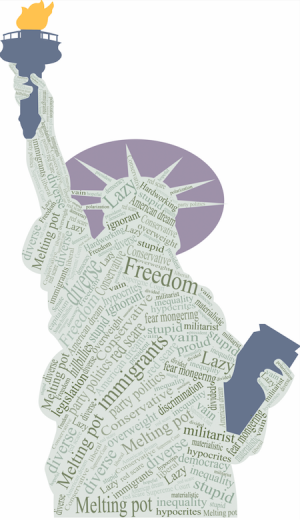
U.S. Representative Markwayne Mullin explained in his column “Mullin’ It Over” that America has been known as the “land of opportunity” since its foundation and that millions of immigrants moved to America seeking the opportunity to succeed. Mullin thinks it’s the job of Congress to make sure that the federal government does not stand in the way of the opportunity of the people.
“What’s made America stand out from other countries is we really represent opportunity; opportunity to make your life and your family’s life better,” Pool said. “I think a big part of being American is having that opportunity and relishing that opportunity. The chance not just to better your life, but to live in a society that agrees upon these principles and a society that gives you the opportunity to contribute in many ways, but really to have that possibility to get the most out of your life.”
Sarah Song from the American Academy of Arts and Sciences wrote that the Latin motto of the United States, “E pluribus unum”, or, out of many, one, and Israel Zangwill’s idea of the melting pot suggests that there should be a coexistence of many-in-one under a unified citizenship based on shared ideals.
“To be or to become an American, a person did not have to be any particular national, linguistic, religious, or ethnic background,” historian Philip Gleason wrote. “All he had to do was to commit himself to the political ideology centered on the abstract ideals of liberty, equality, and republicanism. Thus the universalist ideological character of American nationality meant that it was open to anyone who willed to become an American.”
CURRENT AMERICAN IDEALS
Song also claimed that America’s history of racial and ethnic exclusions causes being American to mean sharing a national culture, one that is largely defined in racial, ethnic, and religious terms.
“To be an American means to recognize the diversity and uniqueness of the nation we live in and to constantly strive to uphold founding values,” Thomason said. “I think Americans should have characteristics of tolerance because America is uniquely diverse and a place of so many different people, which is special to America among other nations.”
On Jan. 6, extremist supporters of former president Donald Trump attacked the United States capitol in an attempt to “save America” and “stop the steal” of the 2020 election, according to the New York Times. This attack marked the sole capital invasion since the strike of British troops in the year 1814.
“The events on Jan. 6 show some of the negative aspects of America,” junior Caroline Rasmussen said. “It showed the ignorance of some Americans and the fragility of Democracy, but I do not think the actions represented the majority of Americans and how they behave.”
Before becoming President, Abraham Lincoln delivered his House Divided Speech on June 16, 1858, in Springfield, Illinois during the Republican State Convention. According to History.com, Lincoln discussed the phrase “a house divided against itself cannot stand,” a statement found several times in the Bible, in relation to the slavery that divided the United States in the 1850s.
“We, yet again, live in a house divided,” Pool said. “The events of Jan. 6 made it very clear that thousands, if not millions, of Americans are currently blinded by hate and fear. And because of their blindness, they are susceptible to inflammatory rhetoric and misinformation. On top of all of this, we live in a digital age that rewards inflammatory rhetoric, and a time where is it far too easy to spread hate, fear, and misinformation.”
To be American is coming together to overcome ignorance, hate, fear, and injustice. That is what we have done repeatedly dating back to the American Revolution. That is what we must do again today.
— Dalton Pool, Social Studies Teacher
The Pew Research Center reported that in 2014, Republicans and Democrats were more divided in political and ideological lines than ever in the past two decades, and the rise of ideological uniformity has been a lot more pronounced for individuals who are politically active.
“I think the current “typical American” can improve by reevaluating implicit biases they hold and monitoring how such biases manifest in their daily life,” Thomason said. “I think all Americans right now can focus on eliminating division within the nation.”
The American Creed: Writing for Our Future website allows for young adults and educators to comment on their thoughts about the PBS documentary film American Creed, a story exploring the idea of a unifying American philosophy. The website currently has 57 responses with essays covering topics such as “What it means to be American,” “Education in America,” and “The American Dream.”
“To me, being American is much more than just being an American citizen or living in American,” Columbus High School student Eddie F. wrote. “It seems people in America have a responsibility, and an obligation to be the best person they can be. It’s part of being an American, and another part is doing your part to keep society running properly. [Additionally,] being American means to be free and have equal opportunity. America needs to get back to the idea that everyone is created equal.”
To Thomason, the largest factor in being American is to be vigilant about founding policies and fight to uphold both freedom and liberty.
“To be American, whether we are talking about the American Revolution, the Abolition Movement, the Civil War, the Women’s Rights Movement, World War II, the Civil Rights Movement, or today, is coming together to overcome ignorance, hate, fear, and injustice,” Pool said. “That is what we have done repeatedly dating back to the American Revolution. That is what we must do again today.”
This story was originally published on The Dispatch on April 9, 2021.



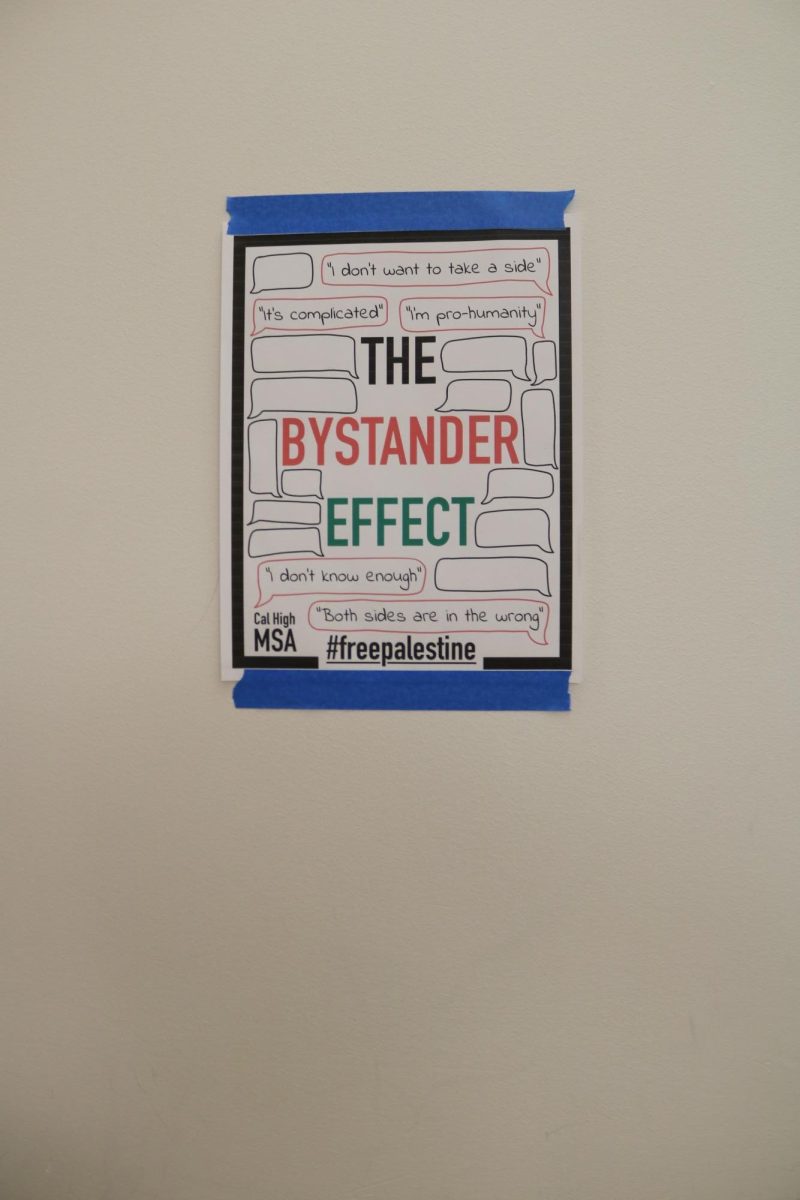
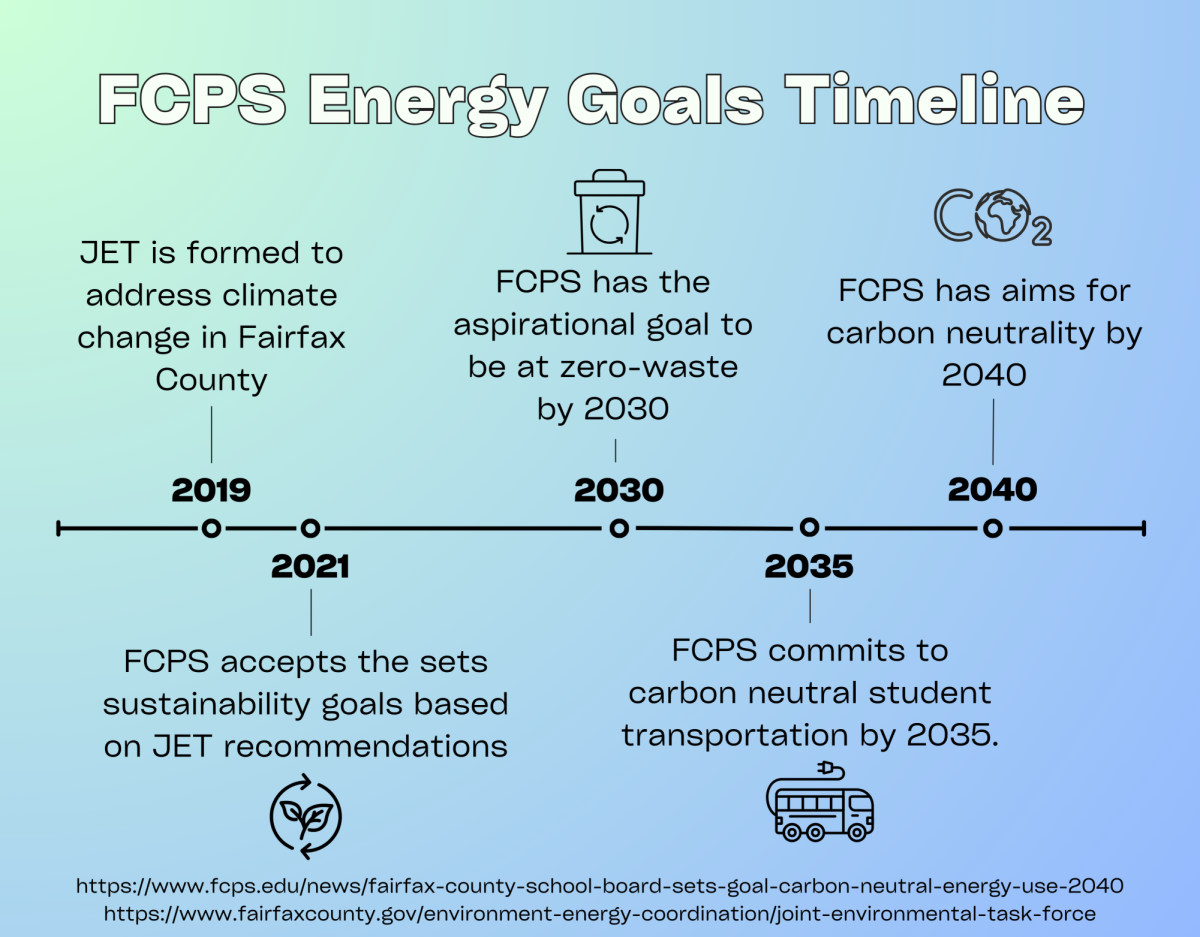











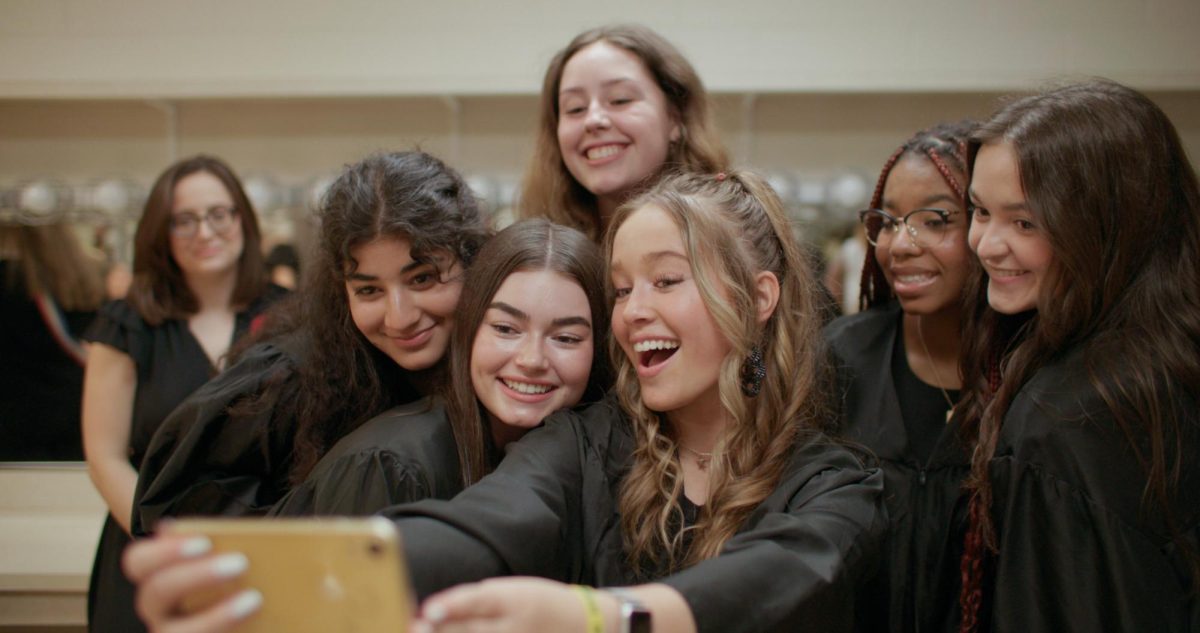















![IN THE SPOTLIGHT: Junior Zalie Mann performs “I Love to Cry at Weddings,” an ensemble piece from the fall musical Sweet Charity, to prospective students during the Fine Arts Showcase on Wednesday, Nov. 8. The showcase is a compilation of performances and demonstrations from each fine arts strand offered at McCallum. This show is put on so that prospective students can see if they are interested in joining an academy or major.
Sweet Charity originally ran the weekends of Sept. 28 and Oct. 8, but made a comeback for the Fine Arts Showcase.
“[Being at the front in the spotlight] is my favorite part of the whole dance, so I was super happy to be on stage performing and smiling at the audience,” Mann said.
Mann performed in both the musical theatre performance and dance excerpt “Ethereal,” a contemporary piece choreographed by the new dance director Terrance Carson, in the showcase. With also being a dance ambassador, Mann got to talk about what MAC dance is, her experience and answer any questions the aspiring arts majors and their parents may have.
Caption by Maya Tackett.](https://bestofsno.com/wp-content/uploads/2024/02/53321803427_47cd17fe70_o-1-1200x800.jpg)
![SPREADING THE JOY: Sophomore Chim Becker poses with sophomores Cozbi Sims and Lou Davidson while manning a table at the Hispanic Heritage treat day during lunch of Sept 28. Becker is a part of the students of color alliance, who put together the activity to raise money for their club.
“It [the stand] was really fun because McCallum has a lot of latino kids,” Becker said. “And I think it was nice that I could share the stuff that I usually just have at home with people who have never tried it before.”
Becker recognizes the importance of celebrating Hispanic heritage at Mac.
“I think its important to celebrate,” Becker said. “Because our culture is awesome and super cool, and everybody should be able to learn about other cultures of the world.”
Caption by JoJo Barnard.](https://bestofsno.com/wp-content/uploads/2024/01/53221601352_4127a81c41_o-1200x675.jpg)





